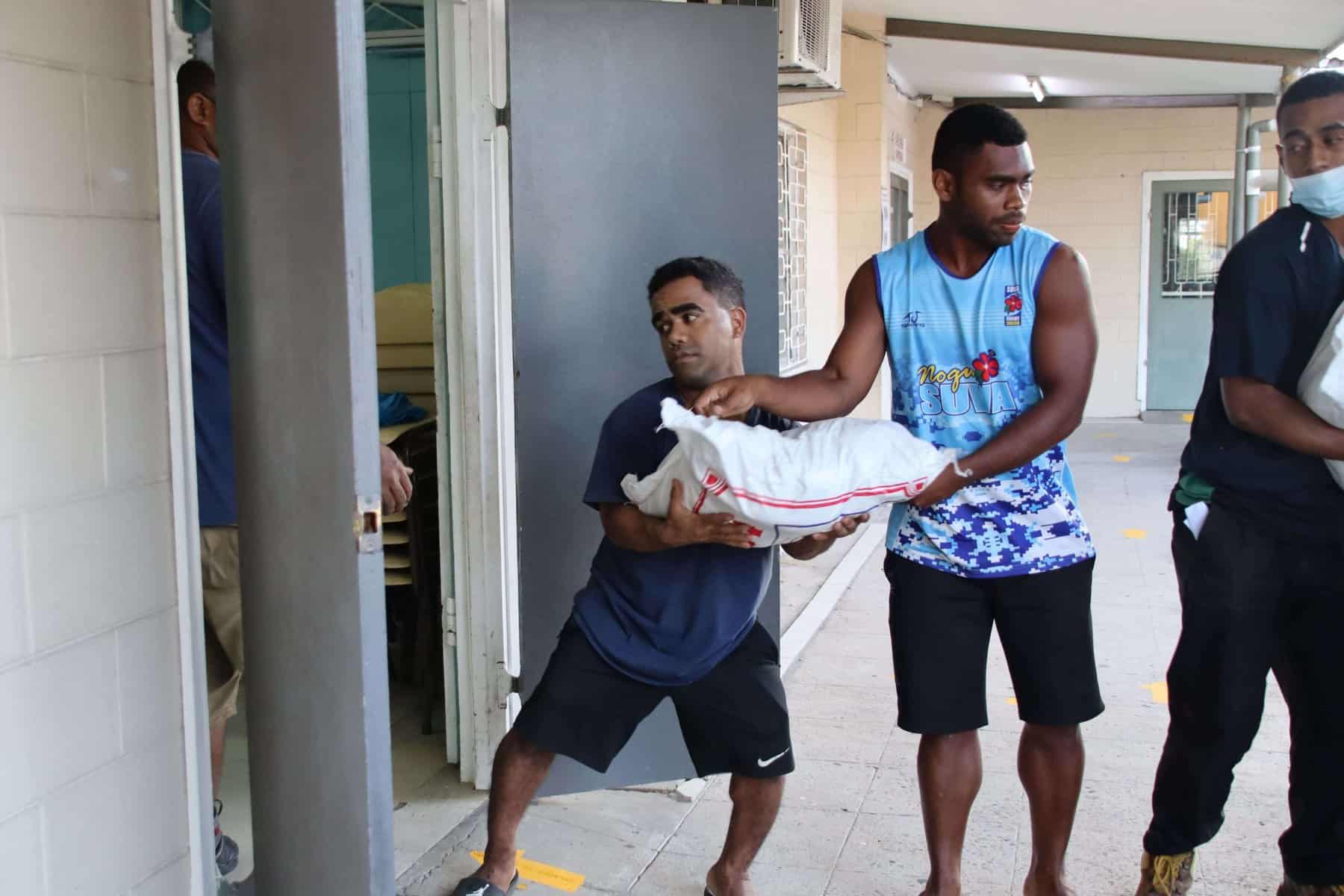Throughout the crisis of COVID-19 and recent climate events and natural disasters, social protection schemes, in particular allowances and cash transfers, have been vital in supporting some of our region’s most vulnerable peoples.
During the Hunga Tonga-Hunga Ha’apai eruption, persons with disabilities in Fiji worked closely with stakeholders to ensure that no one was left behind in any relief efforts on the ground.
Effective social protection schemes enable the inclusion of persons with disabilities at all levels and sectors of society. But to be effective, the diversity of disability must be recognised in both the design and implementation of these schemes.
One size will not fit all, and Organisations of and for Persons with Disabilities or OPDs, need to be included in all stages of planning, design and as well as in the implementation process.
Persons with disability bear extra costs during a crisis, as they tend to lose their mobility devices, either damaged or destroyed which makes movement for them very difficult. They may lack the support service they need and communication and information not accessible during a crisis. During times of natural disasters, persons with disabilities lose their only source of income which may be their farms or even their workstations or equipment. However, it is also during natural disasters that persons with disabilities are most vulnerable. Studies have shown that when they lose their mobility devices, they are at times left without any personal assistant or even moved to a new area that they are unaware of. During the COVID-19 shutdowns and internal border closures, it was more difficult for persons with disabilities to access their regular medical carers, due to the immense pressure on health services and restrictions on movement. Many lost their jobs or were put on reduced hours and pay. Support systems usually available to persons with disabilities scaled back and were unable to provide that support.
Well-designed and managed social protection schemes can provide greater resilience for these diverse communities, preventing them from escalating into poverty, ill-health and other complications.
Thirteen Pacific Island countries have social protection systems that support persons with disabilities. While they vary from country to country, national organisation of persons with disabilities (OPDs) have run advocacy and awareness programs to ensure governments are aware of international best practice and their obligations.
In those places where social protection is non-existent, the national OPDs have called for the introduction of schemes that build on the learnings from other Pacific Island countries. Many of these learnings have emerged from the response to the COVID-19 pandemic and its dramatic impact on economies, with cash transfers and ration distribution proving to be important safety nets over the past two years.
Such schemes can be easily initiated through government subsidies. They work best when they are tailor-made for communities, and are developed after consultation with the target populations.
Social protection systems need to be reviewed so they can extend their reach and move beyond single cash transfers to, for example, social projection benefits. In the Pacific Island countries and territories where they don’t exist, governments need to create fiscal investment and commitment. PDF believes this can be easily initiated through government subsidies for food and other essential livelihood expenses and medical equipment.
The sustainability and resilience of social protection systems needs the commitment and cooperation of all sectors. Governments need to show continued political will, the corporate sector needs to commit to contributory and noncontributory structures and systems and to share their resources, and the target group needs to demonstrate accountability and transparency.
It will take all of us to ensure that the lessons of COVID-19 and climate events, and how social protection schemes respond to those crises, are shared and built upon, in order to enable and improve inclusion of persons with disabilities across our societies.

Sponsored content
PDF is supported by the Australian Department of Foreign Affairs and Trade
